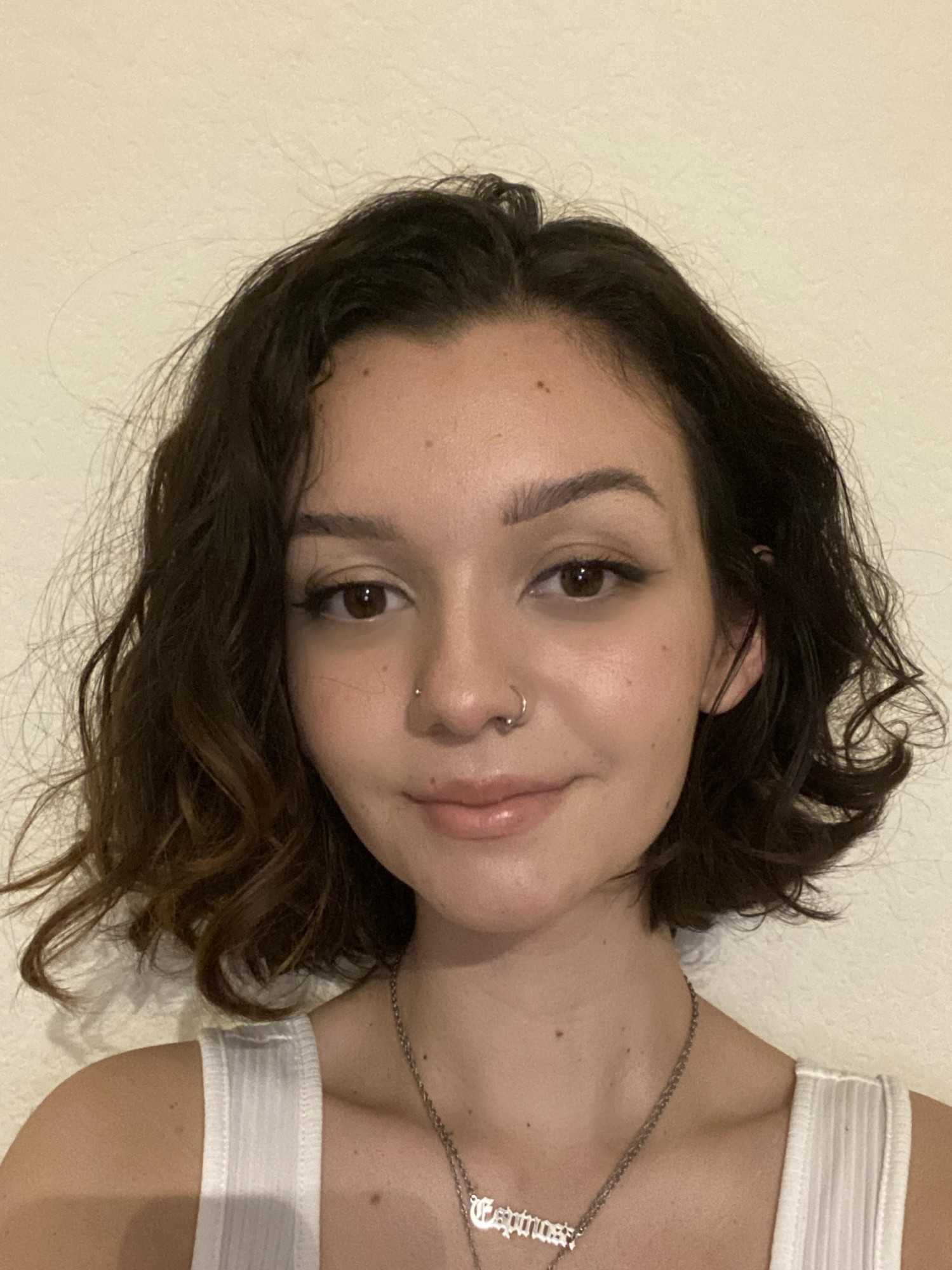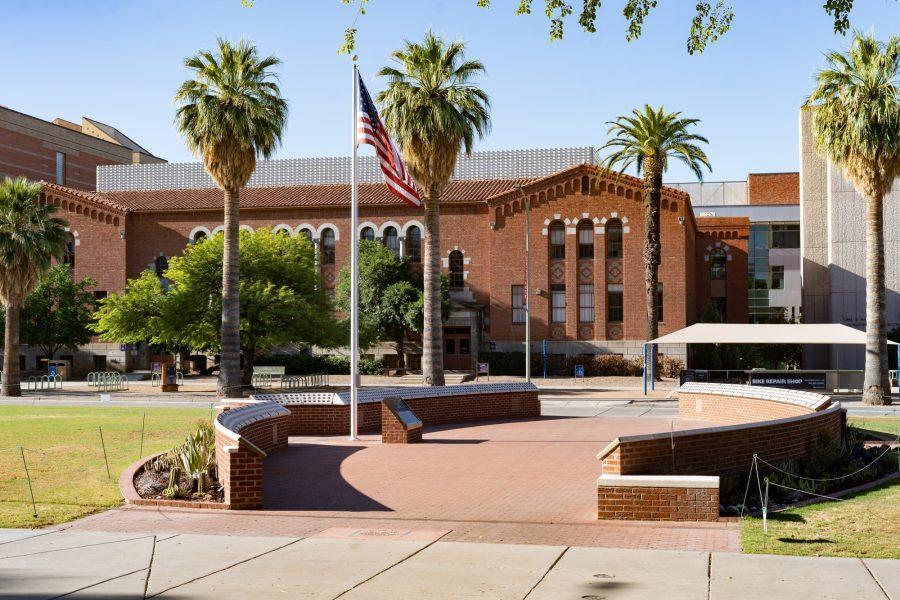
As an incoming freshman to the University of Arizona in 2018, trying to navigate campus and classes were daunting. In my time adjusting to my new environment there was a major observation that I had made that had perplexed me: The way the people around me were speaking was different. My professors and peers were all speaking English, but at times I felt that even though I knew the words that they were saying, I was not fully able to understand the meaning behind them.
My professors and peers would use words differently than I would and would use colloquial language that I had never heard before. I quickly adapted and adjusted to this new language, and now in my third year at the university, this is no longer prevalent in my daily academic life. Recalling these experiences, I have concluded that there is an official language of academia in America.
RELATED: New master’s program in bilingual journalism to start in fall 2021
Classes at the university are taught in English, but we need to think about what kind of English — Formal American English has been made the standard language of academia. Who decided that this was the standard for academia? Who decided that other dialects of English are non-academic? Why is it that the use of other dialects of English in the classroom is at times presumed to be incorrect English?
It is said that there are around 24 different American English dialects, not including other languages that are built on American English, such as Southern American English and African American Vernacular English. Although these languages and dialects have been made mostly “unsuitable” for academia by academics, these dialects and languages are not incorrect. These dialectal versions of English follow their own rules and those speaking in that dialect are always following those rules.
Making Formal American English the official language of academia was an institutional decision made hundreds of years ago. With that decision, many students who speak different dialects of English and languages other than English have developed the skill of code-switching in the classroom. The Cult of Pedagogy defines code-switching as “the practice of changing one’s language, dialect or speaking style to better-fit one’s environment.” Code-switching is a skill that so many students in academia have developed, and the feeling of needing to code-switch is a common experience among these students.
RELATED: Hablas Español? Spanish in an evolving medical stage
Personally, when speaking in front of a class, I become hyper-aware not only of what I am saying but how I am saying it. Not only am I ensuring that I am using the correct academic language but I also make sure to speak slower and annunciate. Coming from a background where I have been surrounded by Spanish speakers my whole life, I tend to speak fast which is acceptable for the Spanish language, but English, especially academic English, not so much. Students, myself included, also tend to code-switch back to their native language or dialect when trying to fill gaps in a conversation or to clarify their message.
For those who do not speak the standard academic language regularly, code-switching has become a necessity for the advancement of a student in their academic environment. Not only that, but many students have also developed the feeling of needing to code-switch. The feeling of needing to code-switch is often rooted in how one may be perceived in the classroom. If one speaks the academic language in the classroom, they are then seen as an academic.
Code-switching has become a vessel in a student’s self-esteem in terms of how they are perceived in the classroom. In addition to that, academia having a language standard has made code-switching a means of survival for students. If one does not speak the language, how are they supposed to succeed?
Geraldine is a junior and is majoring in journalism. She likes to bake and read in her free time. Follow the Daily Wildcat on Twitter









